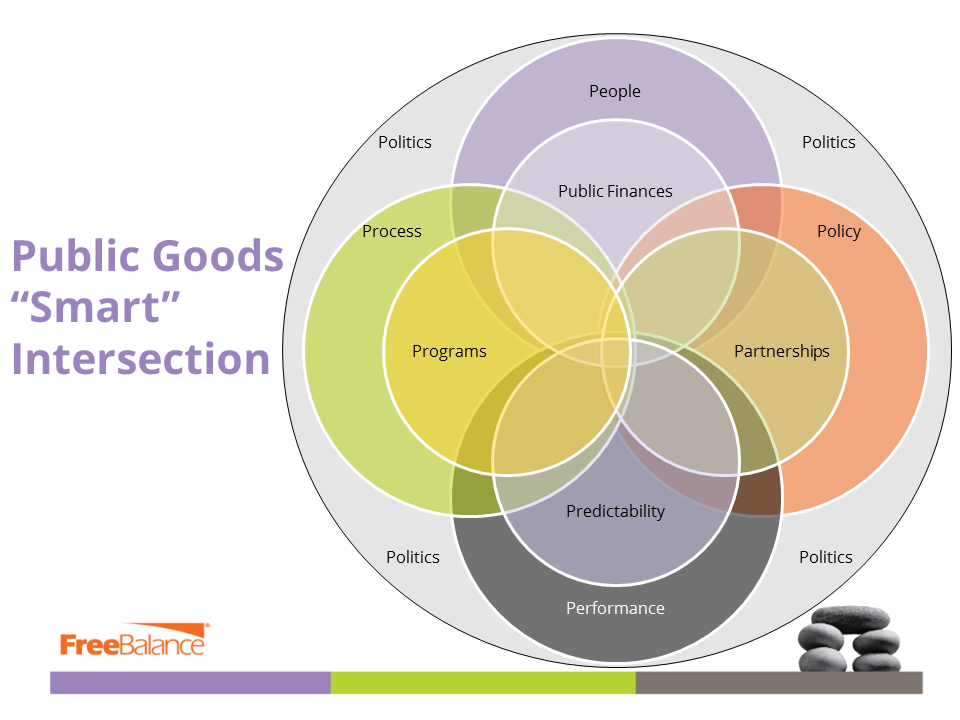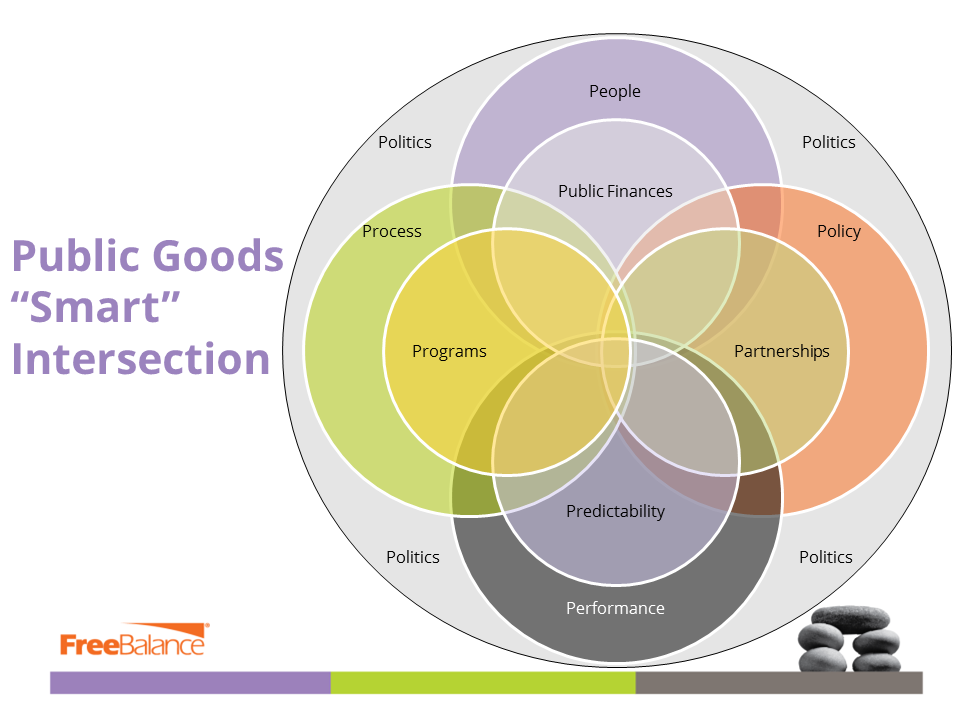Who doesn’t like alliteration? Many observers have been weighing in on what makes smart government smart, including me. It’s clearly not just one thing – like technology. That doesn’t mean that we should make the concept overly complex. That’s led me to a simple memory aid when evaluating the “smart” part of any smart city or smart government initiative – 10 things that begin with “P”.

- Public Goods: “smart” initiatives without linking to a public good that benefits most or all citizens, residents, tourists, businesses is pointless
- Politics: “smart” initiatives without considering messy political contexts is a non-starter
- Policy: “smart” initiatives without policy alignment means no political will
- Performance: “smart” initiatives without measurement means wishful thinking
- People: “smart” initiatives without citizens and public servants means lack of adoption
- Process: “smart” initiatives without process changes means “business as usual” with little or no transformation
- Programs: “smart” initiatives without integrating initiatives across government organizations in the form of programs means silos that reduce potential impact
- Public finances: “smart” initiatives without budget planning and funding means lack of financial sustainability and scale
- Partnerships: “smart” initiatives without partnerships with other levels of government, non-profits, academic institutions and the private sector means limited scale
- Predictability: “smart” initiatives without learning from previous projects and the experience of other governments means repeating failures of the past
